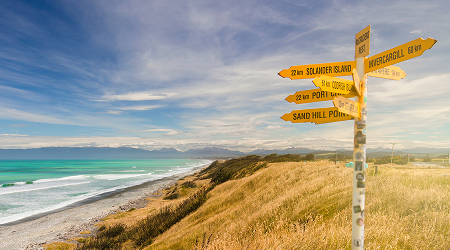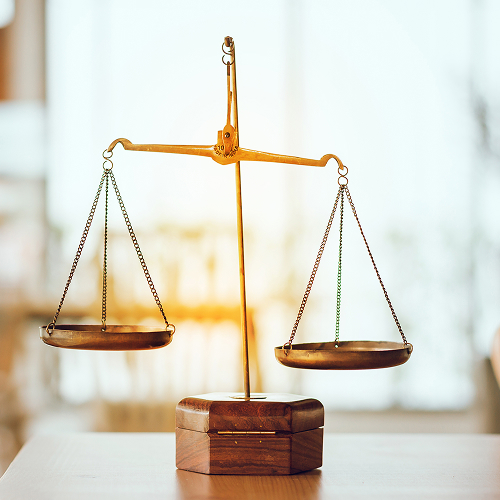

Join over 90,000 New Zealanders who trust SuperLife with their retirement savings.
Join the SuperLife KiwiSaver SchemeJoin now
Winner in Canstar’s Outstanding Value KiwiSaver Scheme Awards 2025

At SuperLife, we combine low fees, trusted expertise and range of fund options to give you the smarter way to grow money for future you.

Our fees are among the lowest in the market, so more of your money stays invested in your KiwiSaver balance.

Choose from diversified, build-your-own mix from over 40 funds or our Age Steps option - where your investment automatically adjusts as you get older.

Proven results, trusted by Kiwis since 2004. SuperLife has a track record of delivering long-term performance.
With SuperLife, your KiwiSaver is truly your way. Choose from diversified funds, build your own mix from over 40 funds or let Age Steps adjust automatically for you. Whatever your goals are, you’re in control. Update your investment strategy and switch funds any time, at no cost - you have the flexibility to adapt as life changes.
Choose from one of our diversified fund options that match your goals and risk levels. From high growth to conservative, you can choose a fund that matches your goals and comfort with risk.
You can change at any time with no switching fees.

Build your own investment strategy
Want more control? MyMix lets you set your own investment strategy from over 40 funds.
You decide the mix of growth and income investments and can adjust your allocations at any time as your goals and circumstances change.

Automatically adjusted investment mix based on your age
Age Steps is designed to take the guesswork out of managing your investment. Your investment mix automatically adjusts as you get older, gradually moving from growth assets like shares into more income assets like bonds.
This reduces exposure to market ups and downs over time, helping to grow your savings when you are younger and protect them as you get older even as you continue to invest your savings and spend them over your retirement period.
Age Steps is a continuous investment path that automatically selects a split of income and growth assets appropriate to your age every year from age 18 to 100. The 10-year intervals shown are just examples to help you see how it works at different stages of life.

Smart choices today, reliable returns for tomorrow.
Get started with the SuperLife KiwiSaver Scheme.

The SuperLife KiwiSaver Scheme is issued by Smartshares Limited (Smart). The product disclosure statement is available at superlife.co.nz/legal.
Past performance is not indicative of future performance and is not guaranteed. We recommend you seek professional assistance from a licensed Financial Advice Provider before making any investment decision.

Choose Superlife: a low fees KiwiSaver provider that will work for you today, and in the future.
Tailored Workplace Savings Scheme to help your employees save for retirement.
Smart Exchange Traded Funds (ETFs) offer flexibility, global reach, and options to suit different goals and risk levels.